Artificial Intelligence is now transforming several industries by streamlining and automating processes and tasks. However, the healthcare industry stands out as one that has benefitted the most from AI’s advancements. Modern healthcare is now inseparable from artificial intelligence. Here are some unexpected ways AI has genuinely revolutionized the healthcare industry:
Radiology and Imaging
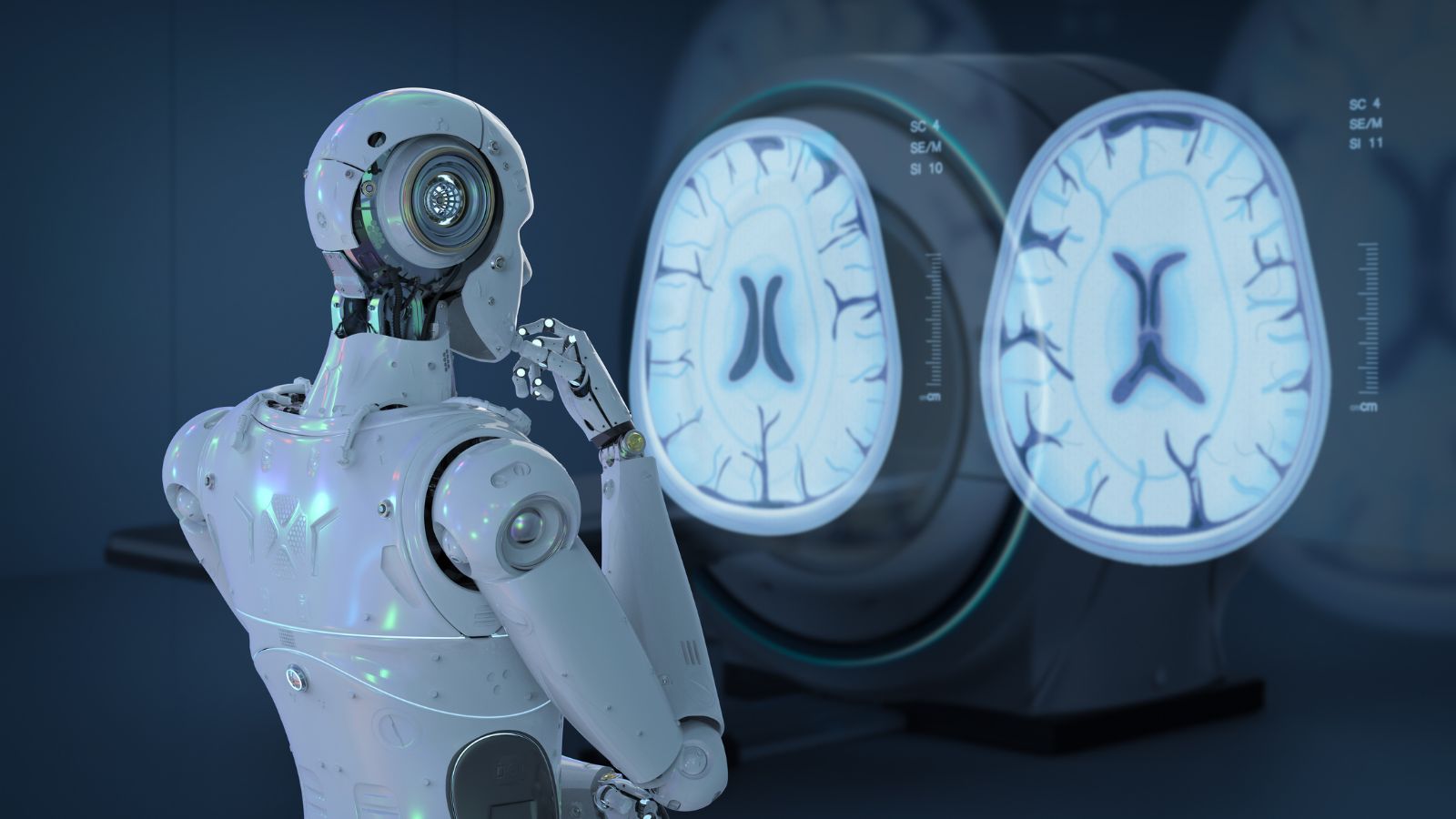
AI is transforming imaging analysis by increasing its accuracy. Algorithms help detect abnormalities in MRIs, scans, and X-rays with an efficiency and accuracy unbeatable by human practitioners. While this helps speed up analysis time, it also facilitates a lower likelihood of wrong diagnosis and timely provision of appropriate treatment to patients.
Mental Health Care Enhancement

Mental health is often stigmatized, and patients feel hesitant to break down the barriers and access professional help. AI and automation have led to the development of specific applications and software that help keep track of speech and text patterns and help detect and prevent mental health issues such as anxiety.
Personalized Nutrition and Healthcare Plan

Many people are conscious about being judged when approaching a nutritionist for meal and fitness plans, whether to gain body mass, lose weight, or maintain a healthy lifestyle. With AI coming into the picture, this fear has taken a backseat as there are various applications and websites with top nutritionists and healthcare experts working together to build a system that not only provides a customized diet and fitness plan but also takes into account a person’s lifestyle habits, genetics, medical history, sleeping patterns, etc. to provide services with utmost efficacy.
Robotic Surgery
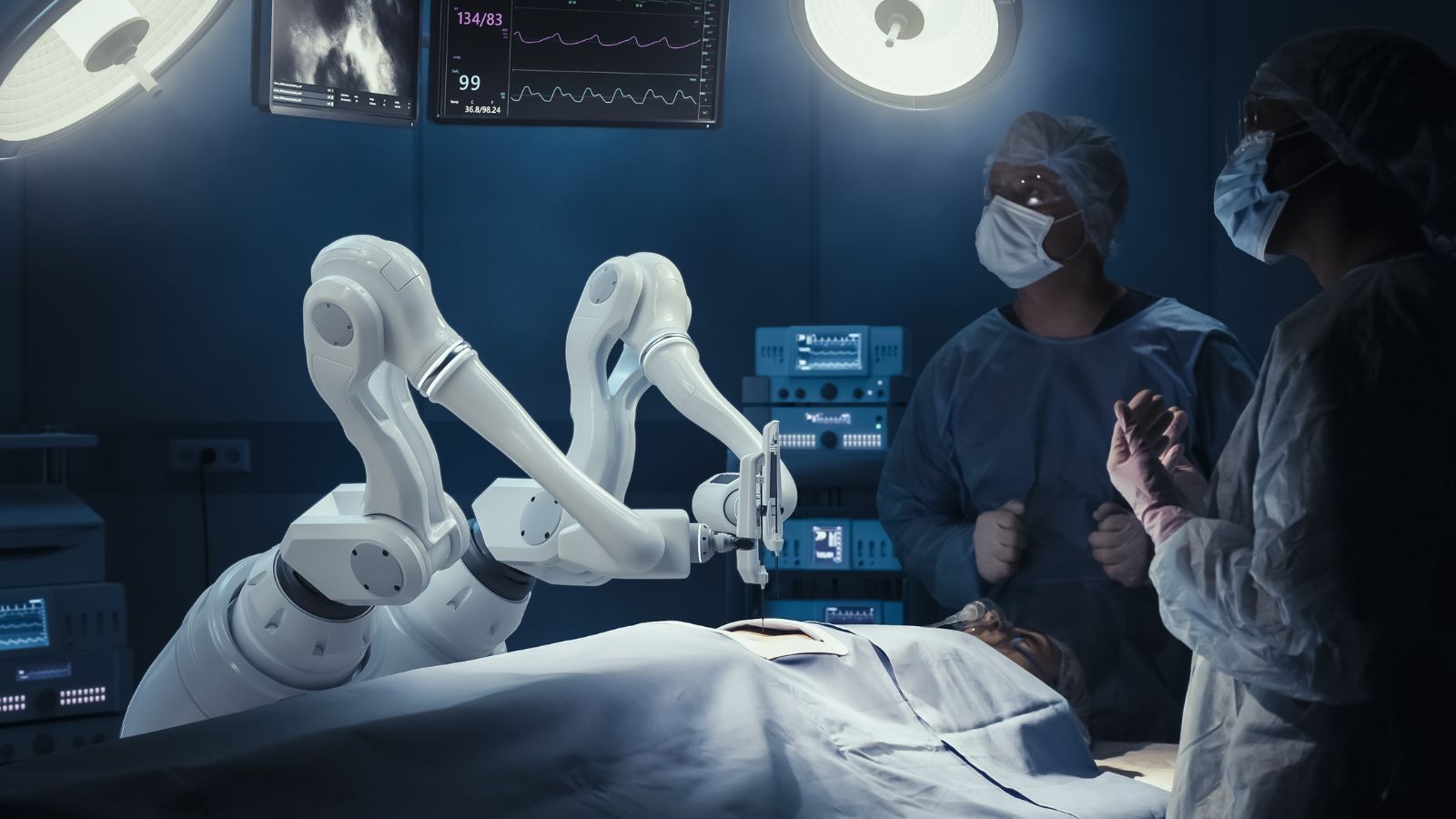
The thought of a robot performing surgery might feel a little scary, but its precision makes it one of the most revolutionizing contributions that AI and automation have made in healthcare. AI-enabled robotic surgery leads to lesser chances of errors and better patient recovery.
Drug Discovery Optimization

AI improves drug discovery procedures. It finds possible therapeutic chemicals by sorting through enormous databases at a never-before-seen speed. This speeds up the process of creating new drugs, enabling the easier availability of cutting-edge treatments.
Prediction of Patient Flows
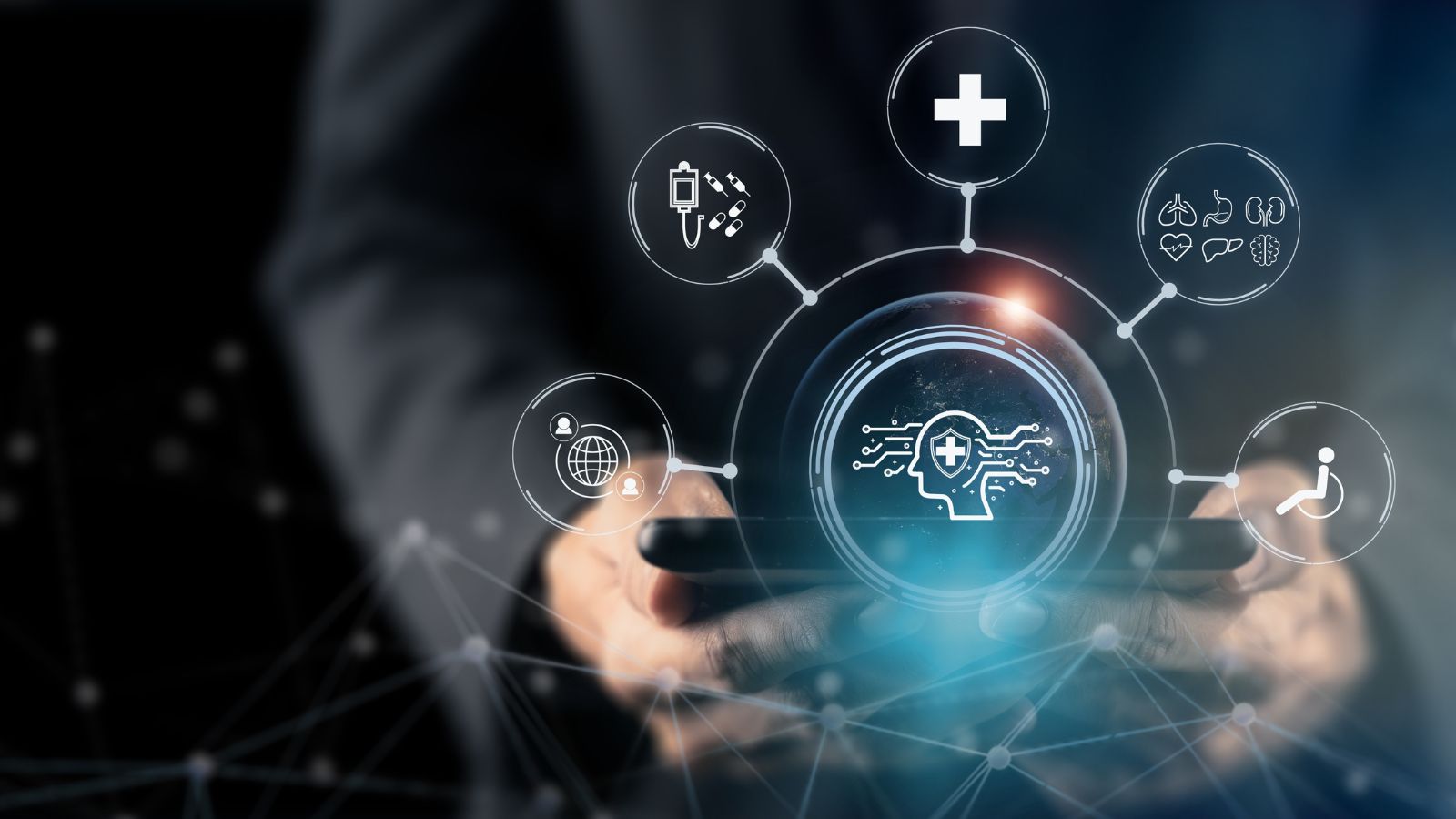
While AI has several contributions to healthcare, one underrated contribution is that it helps predict patient flow. Data analysis related to a particular patient can help obtain a broader view of the patient’s needs, which can help predict patient turnover, thereby enabling the management of required medical personnel.
Precision Medicine

Precision medicine is highly based on an individual’s genetic behavior, and AI comes to the rescue by analyzing an individual’s genetic behavior and genetic data in the most accurate and precise manner. This thereby assists in understanding how a particular patient would respond to different sets of treatments. This can ultimately lead to more effective medications and error-free prescriptions.
Streamlining Administrative and Operational Tasks
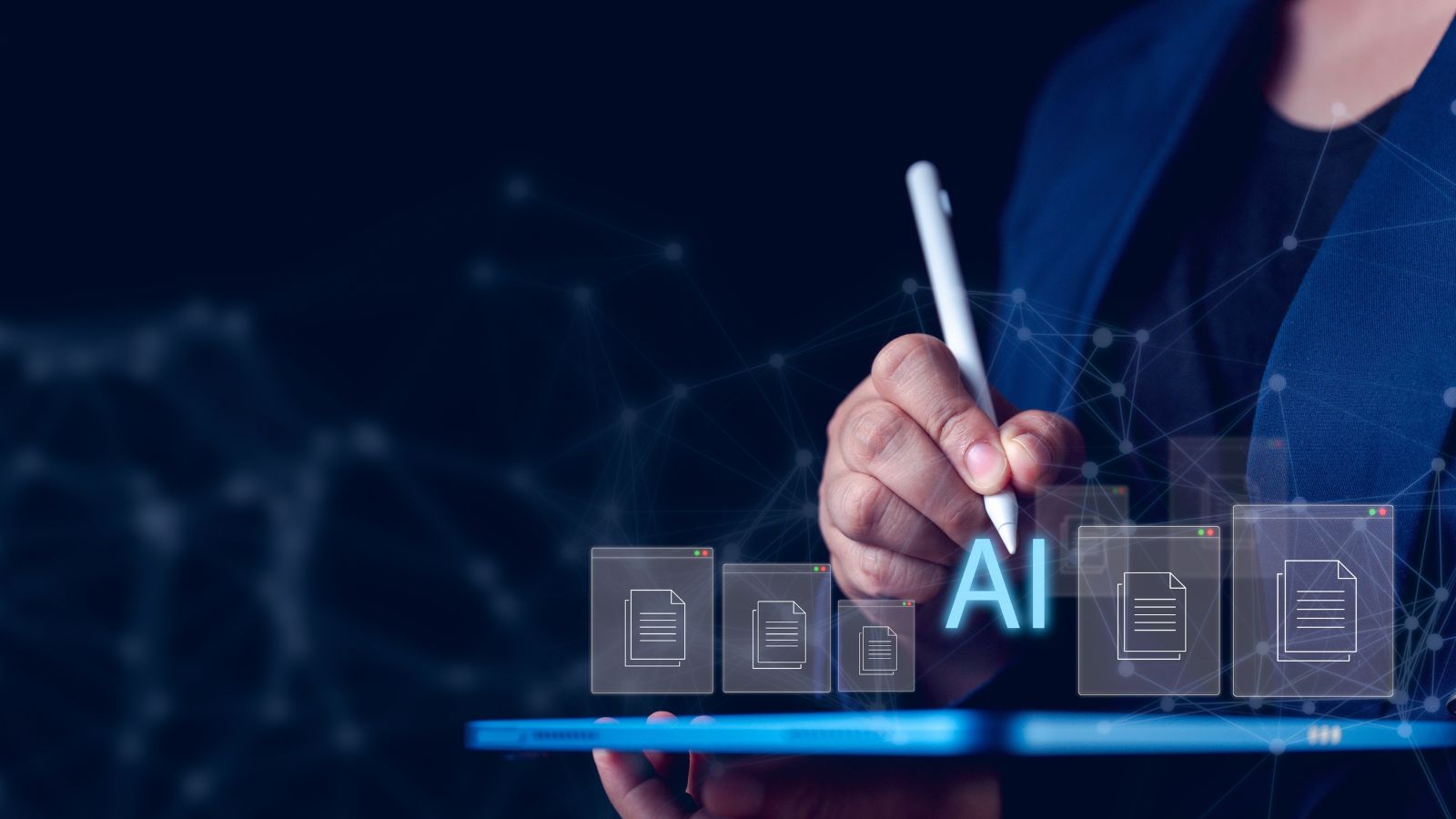
Healthcare produces a vast amount of data daily. AI analyzes this data, helping create value, which in turn streamlines certain operations and administrative work, such as appointment scheduling, billing, etc.
Remote Monitoring and Telehealth

Wearable devices like fitness bands and smartwatches have significantly influenced health and fitness awareness. They allow individuals to monitor their health and enable healthcare professionals to remotely track patients’ health in real time and take appropriate actions based on the data when necessary.
Combating Epidemics and Pandemics
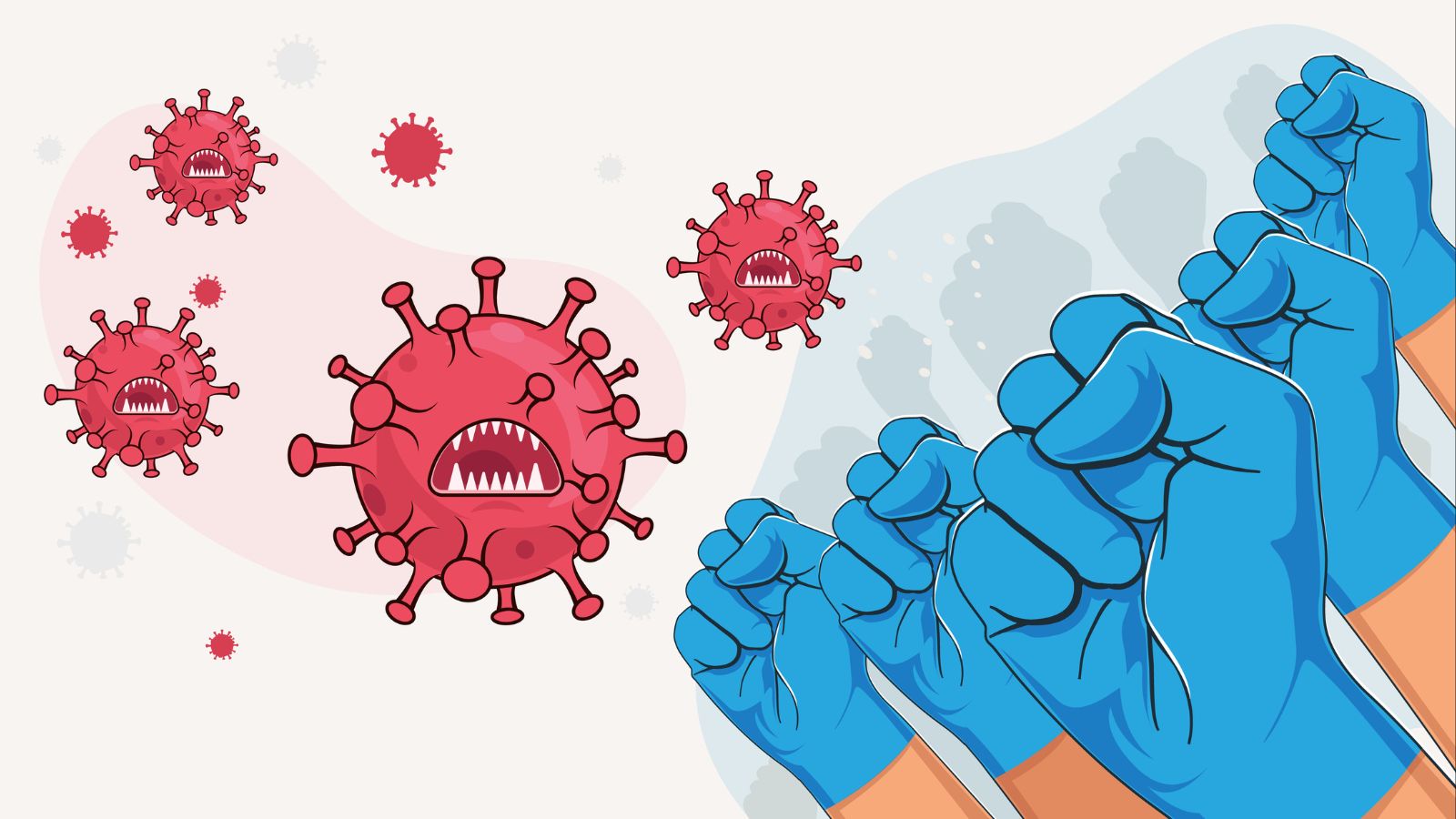
AI is crucial in combating epidemics and pandemics. It can help analyze data about outbreak patterns and disease transmission, forecast illness trends, and evaluate whether public health measures are in place to combat such epidemics or pandemics. This makes medical groups and public authorities accountable, leading to an effective and efficient reaction to public health emergencies.
Optimization of Medical Coding

Missing medical coding causes difficulty for patients and delays in provider payments. Many clinicians are improving medical coding and accelerating payment with AI. Medical practitioners will soon utilize artificial intelligence to raise reimbursement by maximizing medical coding.
Predictive Analytics for Managing Patients
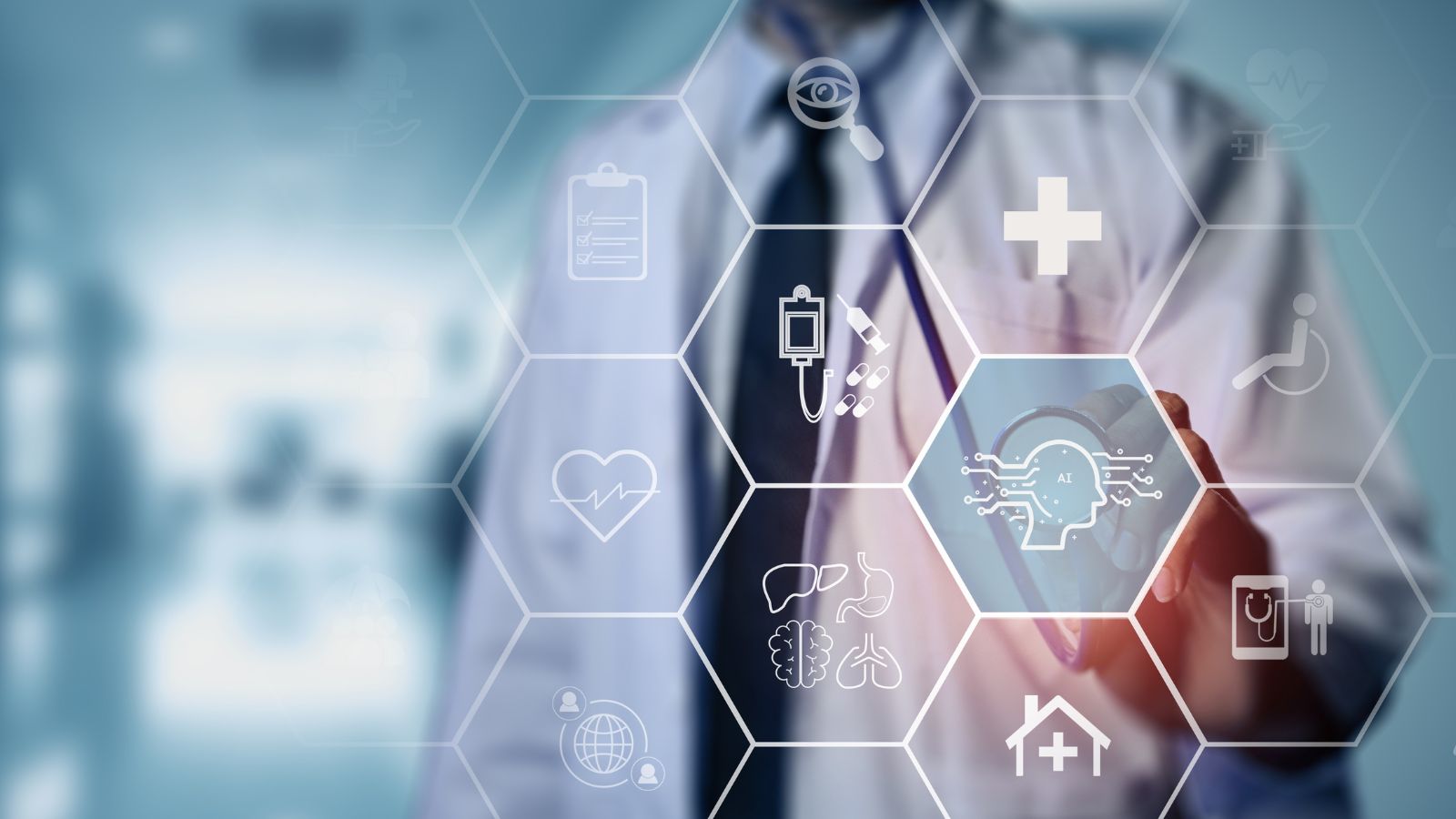
Clinics and hospitals use AI to better manage resource and personnel requirements and anticipate patient admissions. By using past data to estimate patient flow, predictive analytics can help healthcare facilities better manage fluctuating demand by ensuring they are equipped to meet it.
The 10 Most Reliable Car Brands According to Mechanics
When choosing a car, one of the most crucial factors is reliability. But what exactly does it mean when we say a car is reliable? Reliability refers to the vehicle’s ability to perform consistently well over time with minimal issues. A reliable car requires fewer repairs, is cost-effective to maintain, and offers peace of mind to the owner. In this article, we delve into the ten most reliable car brands according to mechanics, explaining why these brands are trusted and highlighting endorsements from institutions, car experts, and reputable websites. The 10 Most Reliable Car Brands According to Mechanics
Alanna Rosen is an experienced content writer that focuses on many finance and educational content. Her articles are regularly published on Web3Tribe and syndicated on large publications.
